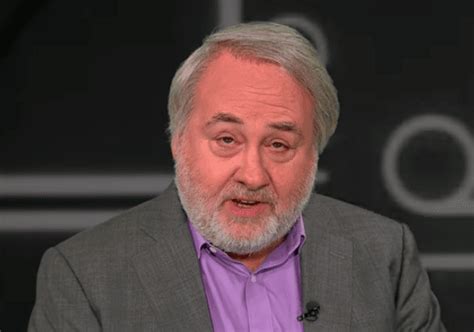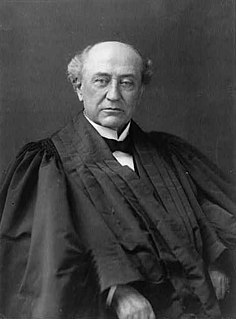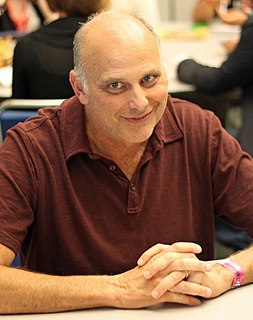A Quote by David Edelstein
A critic often has to play the role of coroner, dissecting a work to find out why it died (or never lived).
Related Quotes
I find it's very confusing when one critic tells you one thing and one tells you something completely different. Unless all the critics agree on parts of the play that just didn't work. I have stopped reading reviews, because I find writing is all about courage. You must have courage when you start writing a play and you cannot have the voice - you must write things out. You cannot have the voice of a critic telling you, "That didn't work in that play, you cannot make it work in another play." Every time you do a production, it's an experimentation.
When you get your self realization or your second birth you become entitled to an awareness by which you can find out the roots of everything. You can find out the roots why people get sick, you can find out why there are incurable diseases, you can find out why there are psychological problems, you can find out why there are moral crisises, you can find out why there are political problems, why there are economic problems.
With a director it's all about the work; I'd work with a great director over - you know, I'm not the kind of actor who that doesn't go, 'I want to play this role.' It's more like, 'I want to work with this director,' regardless of what the role is because if it's a good director, you'll probably find a good role because it's a decent film. But a mediocre director will always make a mediocre movie.
Paradoxically, the simpler poetry is, the more difficult it becomes for a critic to discuss intelligently. Trained to explicate, the critic often loses the ability to evaluate literature outside the critical act. A work is good only in proportion to the richness and complexity of interpretations it provokes.
If I had not lived the life I had lived and did not have the wife I have and the children I have, I would never know how to play that role [of Dr. Bedsloe], and I wouldn't have any of those qualities. It's a real example of how it is true that the camera catches everything. Even the stuff you're trying to hide.
You find very few critics who approach their job with a combination of information and enthusiasm and humility that makes for a good critic. But there is nothing wrong with critics as long as people don't pay any attention to them. I mean, nobody wants to put them out of a job and a good critic is not necessarily a dead critic. It's just that people take what a critic says as a fact rather than an opinion, and you have to know whether the opinion of the critic is informed or uninformed, intelligent of stupid -- but most people don't take the trouble.
Technique is really personality. That is the reason why the artist cannot teach it, why the pupil cannot learn it, and why the aesthetic critic can understand it. To the great poet, there is only one method of music - his own. To the great painter, there is only one manner of painting - that which he himself employs. The aesthetic critic, and the aesthetic critic alone, can appreciate all forms and all modes. It is to him that Art makes her appeal.




































